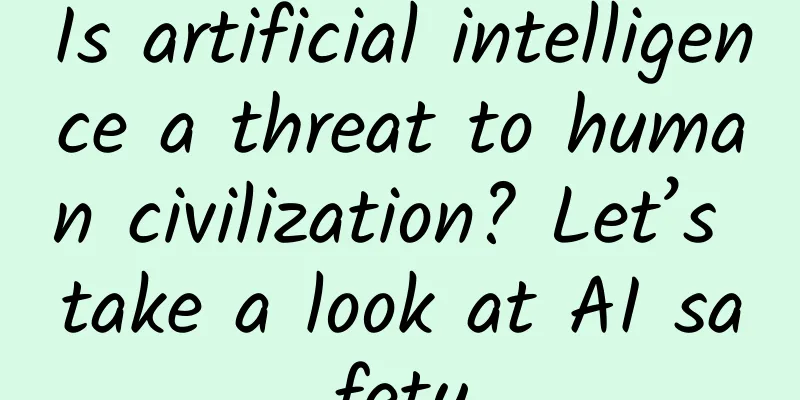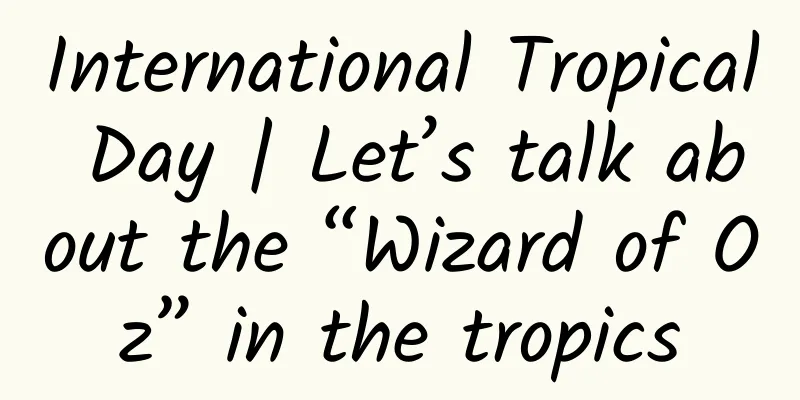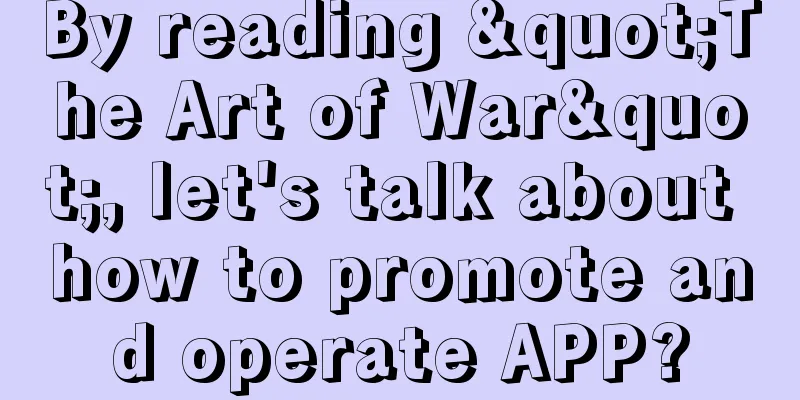Is artificial intelligence a threat to human civilization? Let’s take a look at AI safety

|
Kurzweil has written five books on artificial intelligence (AI), one of which is the New York Times bestseller How to Create a Mind. Two great thinkers saw the dangers of AI. Here's how to make it safe. Renowned physicist Stephen Hawking[1] recently warned that if artificial intelligence surpasses human intelligence, it will pose a threat to the existence of human civilization. Elon Musk, a pioneer in digital currency, private space flight, and electronic cars, has expressed similar concerns. If AI becomes an existential threat, it won’t be the first. As a child, I sat under a table during a 1950 civil-raid drill. Since then, we’ve encountered comparable fears, such as bioterrorists creating a new virus that humans have no resistance to. Fire can warm us or burn our villages; technology is always a double-edged sword. In typical dystopian futuristic movies, there are always one or two protagonists or groups fighting for control of artificial intelligence. AI is being integrated into the world today. AI is not one or two hands; it is a billion or two billion hands. An African child with a smartphone has access to more knowledge than the president of the United States 20 years ago. As AI gets smarter, its uses are still growing. In fact, everyone's intelligence has been amplified by AI in the last 10 years. We still have conflict among people, each amplified by AI, as has been the case. But we can take comfort in the fact that violence is declining profoundly, exponentially, as Steven Pinker’s 2011 book, The Better Angels of Our Nature: Why Violence Is Declining, suggests. According to Steven Pinker, while statistics vary by location, the death rate from war is hundreds of times lower than it was six centuries ago. Murders have fallen tenfold since then. People are astonished. The impression that violence is on the rise stems from another trend: the exponentially greater abundance of negative information about the world—another development enabled by AI. There are strategies we can deploy to keep emerging technologies like AI safe. Consider biotechnology, which is perhaps decades ahead of AI. The 1975 Asilomar Conference on recombinant DNA assessed its potential dangers and mapped out strategies to keep the field safe. Since then, the best practices have been refined by industry, and they work remarkably well: there have been no major problems, accidental or intentional, in the past 39 years. We are now seeing tremendous progress in drug therapies reaching clinical practice, with far fewer problems than expected. The ethics of AI can be traced back to Isaac Asimov’s 1942 short story “Runaround”[2]’s three laws of robotics[3], and eight years later, Alan Turing’s 1950 paper “Computing Machinery and Intelligence” on AI. The common view among AI practitioners today is that we are still decades away from achieving human-level AI. I am more optimistic and put the time at 2029, but there is still time to plan ethical standards. There are already efforts by universities and companies to promote AI safety strategies and guidelines, and some are already on track. Similar to the guidelines of the Asilomar conference, one idea is to clearly define the mission of each AI program and establish cryptographic security protections to block unauthorized users. Ultimately, the most important way we can ensure AI safety is through commitment to human governance and social regulation. We have already reached the age of human-machine civilization. The best way to avoid negative conflicts in the future is to continue to develop our social ideals, which greatly reduce violence. Today, AI is advancing disease diagnosis, finding cures, developing renewable clean energy, helping clean the environment, delivering high-quality education to people around the world, helping people with disabilities (including Stephen Hawking's voice), and contributing in countless other ways. In the coming decades, we have the opportunity to make a giant leap in addressing humanity's great challenges. In controlling this danger, we have a moral responsibility to deliver on that promise. This will not be the first time we succeed in this regard.
Original English text: http://time.com/3641921/dont-fear-artificial-intelligence/ Translation from: http://www.labazhou.net/2014/12/dont-fear-artificial-intelligence/ |
<<: Mailbox APP Mailbox Master crosses borders with COSTA Coffee to leverage each other's warmth
>>: WeChat Tips: From XX Challenge to XX Red Packet, the Next Hot Spot in WeChat Moments
Recommend
It can save lives at critical moments, and disaster prevention emergency kits also have national standards!
It can save lives at critical moments, and disast...
Mobile Map Technology Sharing
I am currently working in a domestic map navigati...
How to play the short video planting game?
In fact, in today's world where content homog...
IUNI U2 first review
IUNI U2 has three different versions: Ice Silver, ...
Digital marketing and private domain traffic operation, refined customer operation reconstructs the marketing closed loop
In the current era of the new mobile commerce mar...
The future of virtual reality: multi-sensory interaction technology
Virtual reality provides us with a virtual world ...
Second category e-commerce marketing tips, save it!
There is only one day left for the National Day h...
More than 5,000 yuan is gone with just one sip of hot water. How deadly is this sip of hot water?
recently A netizen was in a hurry to go out Drink...
Pinduoduo’s strategic techniques for user growth!
In the war among many e-commerce giants, Pinduodu...
China's new energy vehicle market has a bright future, with the support of "policy + market" to help it overtake others
Discussions about new energy vehicles have never ...
Mid-Autumn Festival H5 Creative Special: 5 directions + 10 cases!
Due to its low technical barriers and easy dissem...
Wuhan Red Square Recommendation
Wuhan high-end tea drinking is unique and very un...
Guangzhou tutoring WeChat mini program function, how much does it cost to develop a tutoring appointment mini program?
With the increasingly fierce competition, more and...
The "zombie fungus" in "The Last of Us" really exists! What would happen if humans were infected?
Unknown pathogens suddenly appear, and once infec...









